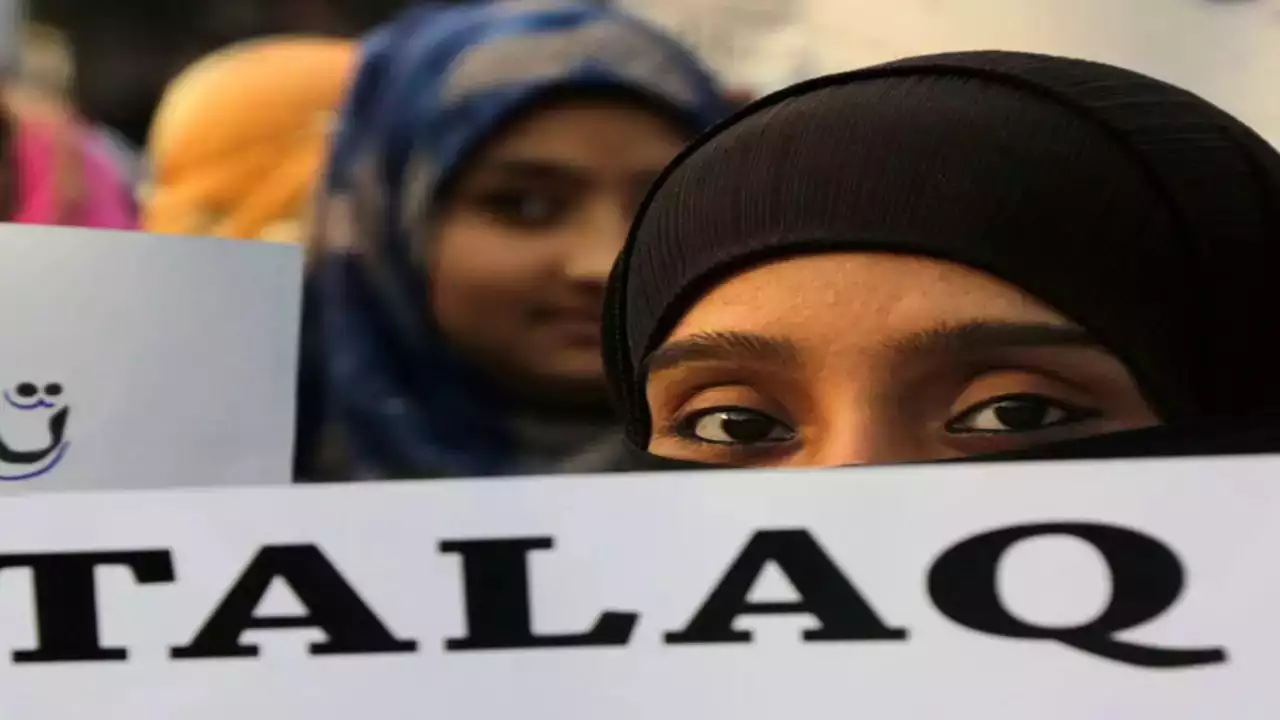The Supreme Court has affirmed that Section 125 of the CrPC applies to all married and divorced women, including Muslims. For Muslim women, remedies under Section 125 of the CrPC and the 1986 Act are complementary, not exclusive. In cases of illegal divorce under the 2019 Act, Muslim women can seek

The Supreme Court has ruled in a case where a Muslim woman, who has been unlawfully divorced through the practice of triple talaq, has the right to seek maintenance from her husband under Section 125 of the Code of Criminal Procedure (CrPC).
The bench, consisting of Justices BV Nagarathna and Augustine George Masih, was deliberating on whether a Muslim woman could use Section 125 of the CrPC to seek maintenance. In a judgment authored by Justice Nagarathna, the court affirmed this right and discussed the rights of women who have been unlawfully divorced.
Justice Nagaratna stated, “When divorce is void and illegal, such a Muslim woman can also seek remedy under Section 125 of the CrPC.”
The judgment specified that in the case of an illegal divorce under the provisions of the 2019 Act, then
- Relief under Section 5 of the said Act could be availed for seeking subsistence allowance or, at the option of such a Muslim woman, the remedy under Section 125 of the CrPC could also be availed.
- If, during the pendency of a petition filed under Section 125 of the CrPC, a Muslim woman is ‘divorced,’ she can either continue to seek recourse under Section 125 of the CrPC or file a petition under the 2019 Act.
- The provisions of the 2019 Act provide a remedy that is additional to and not in derogation of Section 125 of the CrPC.
This remedy is provided under the Muslim Women (Protection of Rights on Marriage) Act 2019, which specifies that a woman, who has been subjected to triple talaq, will be entitled to claim subsistence allowance from her husband.
The conclusions from the concurring judgments of the judges are as follows:
a) Section 125 of the CrPC applies to all married women, including Muslim married women.
b) Section 125 of the CrPC applies to all non-Muslim divorced women.
c) For divorced Muslim women:
i) Section 125 of the CrPC applies to all such Muslim women, married and divorced under the Special Marriage Act, in addition to the remedies available under the Special Marriage Act.
ii) If Muslim women are married and divorced under Muslim law, then both Section 125 of the CrPC and the provisions of the 1986 Act are applicable. Muslim divorced women have the option to seek remedies under either or both laws. This is because the 1986 Act is not in derogation of Section 125 of the CrPC but is in addition to it.
iii) If a divorced Muslim woman resorts to Section 125 of the CrPC, any order passed under the provisions of the 1986 Act must be considered under Section 127(3)(b) of the CrPC. This means that if any maintenance has been given to the Muslim wife under personal law, it must be taken into account by the Magistrate to alter the maintenance order under Section 127(3)(b).
e) In the case of an illegal divorce under the provisions of the 2019 Act:
i) Relief under Section 5 of the said Act could be availed for seeking subsistence allowance, or, at the option of such a Muslim woman, a remedy under Section 125 of the CrPC could also be availed.
ii) If, during the pendency of a petition filed under Section 125 of the CrPC, a Muslim woman is ‘divorced,’ she can take recourse under Section 125 of the CrPC or file a petition under the 2019 Act.
iii) The provisions of the 2019 Act provide a remedy in addition to, and not in derogation of, Section 125 of the CrPC.
Mohd Abdul Samad v. The State of Telangana & Anr., Special Leave to Appeal (Crl) 1614/2024





